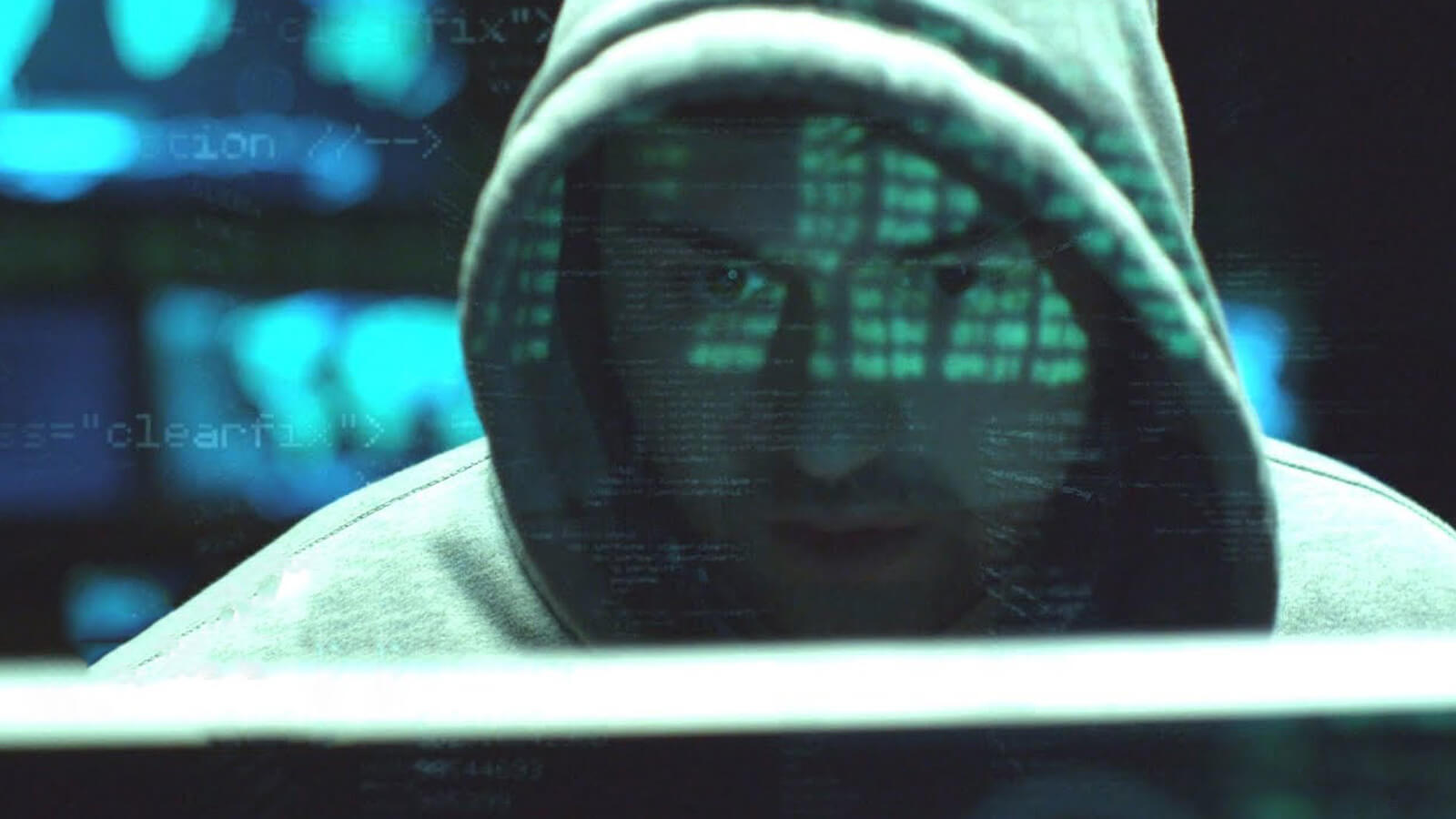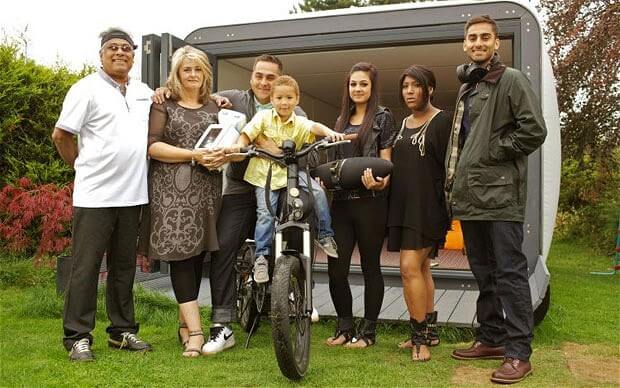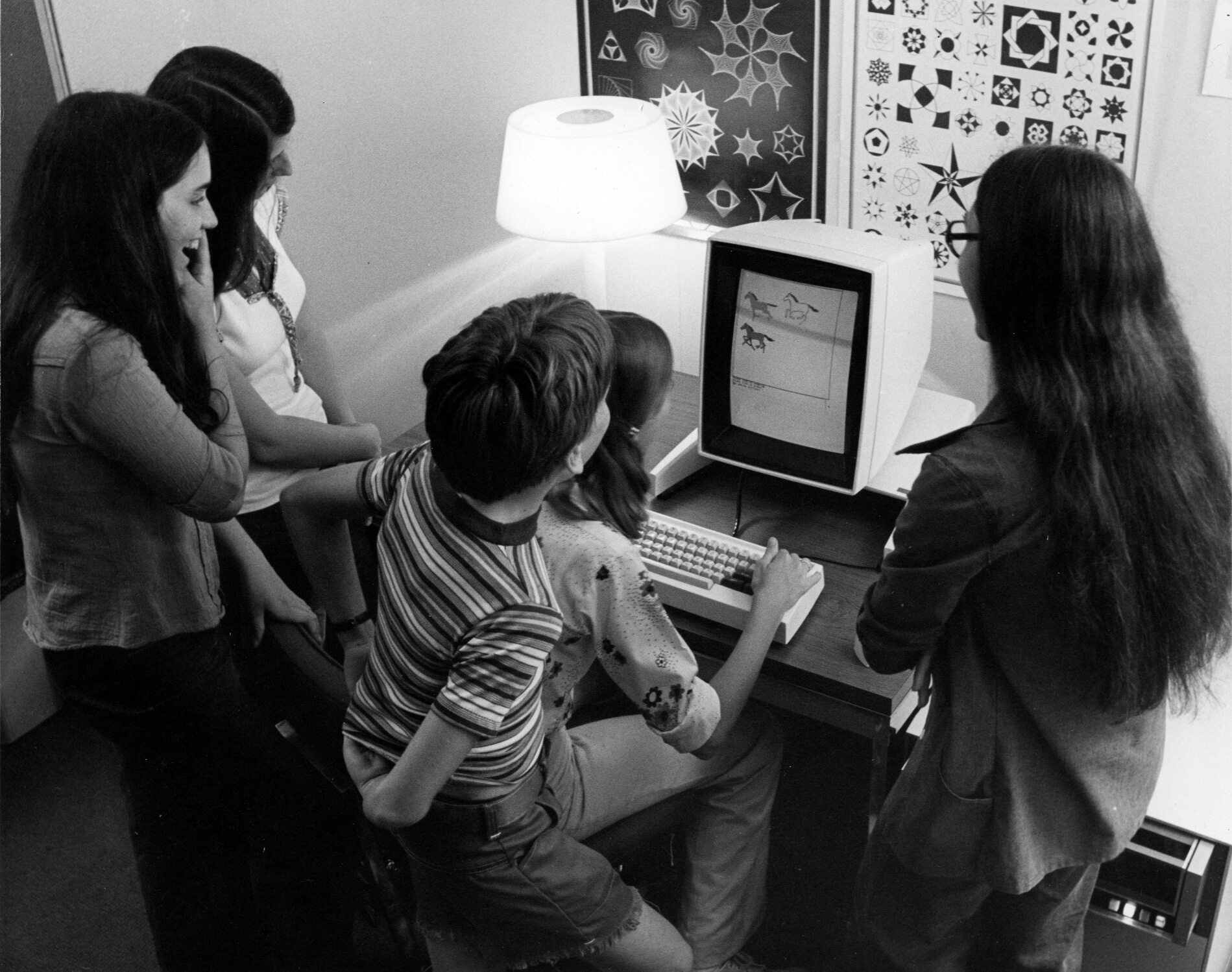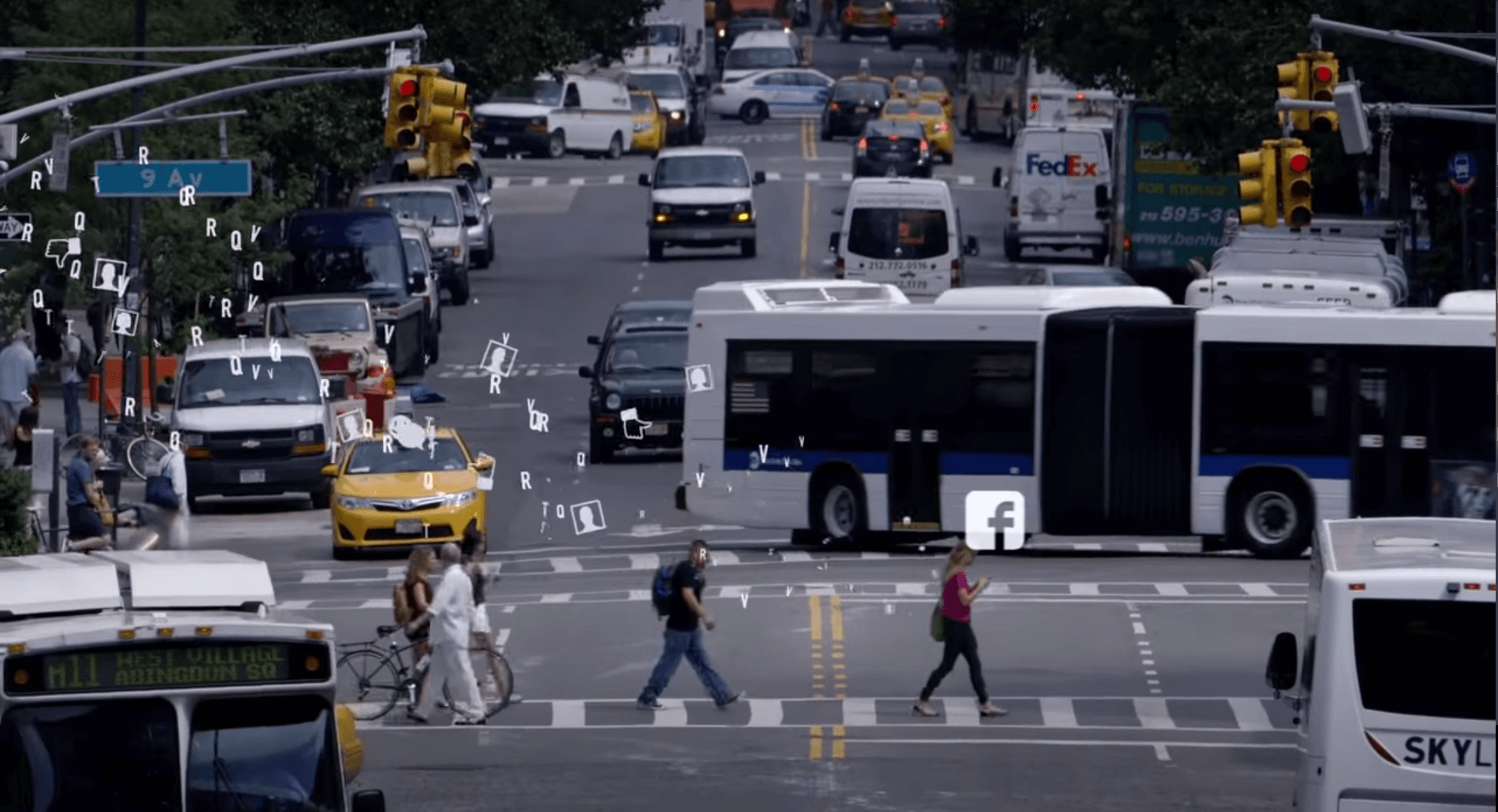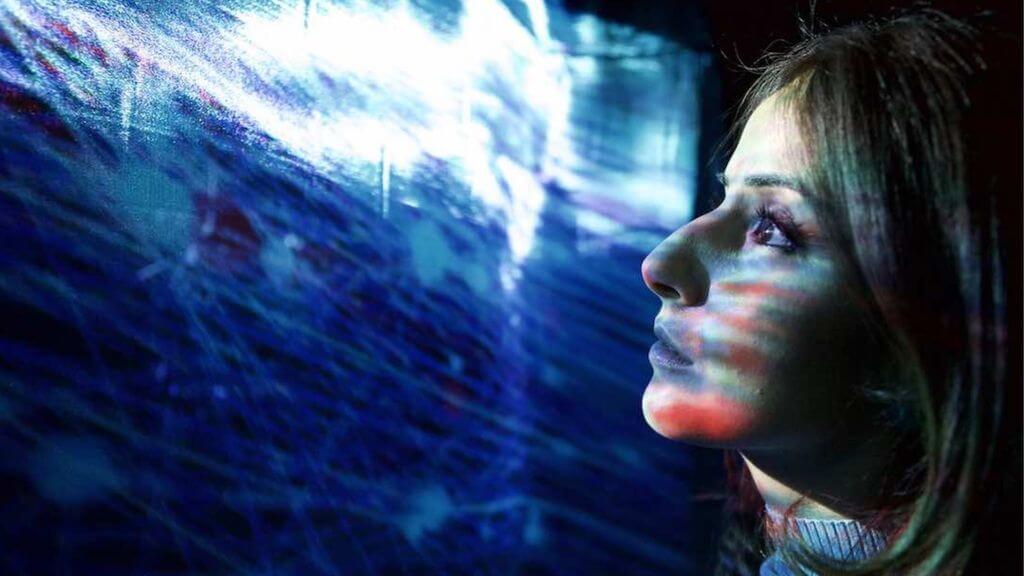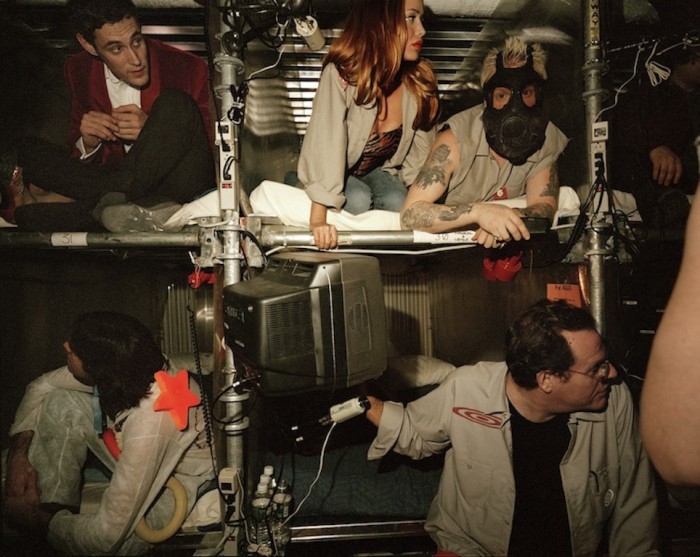description:
Cyberattacks are common and show how vulnerable our digitally interconnected lives have become. Burglars use a drone to target the home of a potential victim. They collect data, and use it to hack electronic locks, and de-activate alarms – and enter the house without breaking a single window. But this film is about more than just residential burglary. It shows how these methods could be used to cause much more serious damage: a blackout of Europe’s entire energy supply. An ecologically commendable project, of all things, makes it possible: the digitization of the energy transition process. This film outlines vulnerabilities in the technical systems that will govern energy supplies. Smart meters, routers, wind- and solar-power systems could all be used as dangerous weapons if malicious hackers break into the network systems. Experts who know how to hack demonstrate how quickly these systems can be accessed. And all this is happening at a time when the “internet of things” is becoming a part of our lives – devices like intelligent coffee-makers and smart light-bulbs, and surveillance systems designed to meet our personal security needs. This film shows that these promises of safety and security are quite deceptive. On the contrary, we’re becoming much more vulnerable. For example, when Deutsche Telekom was hacked recently, millions of people lost their internet access. A hospital could be blackmailed by criminals who encrypt the facility’s data with malware. Hacking poses an increasing threat to governments, as well. In Ukraine, power cuts recently caused by cyber attacks are just one example of a new kind of hybrid warfare that can destabilize a state.
